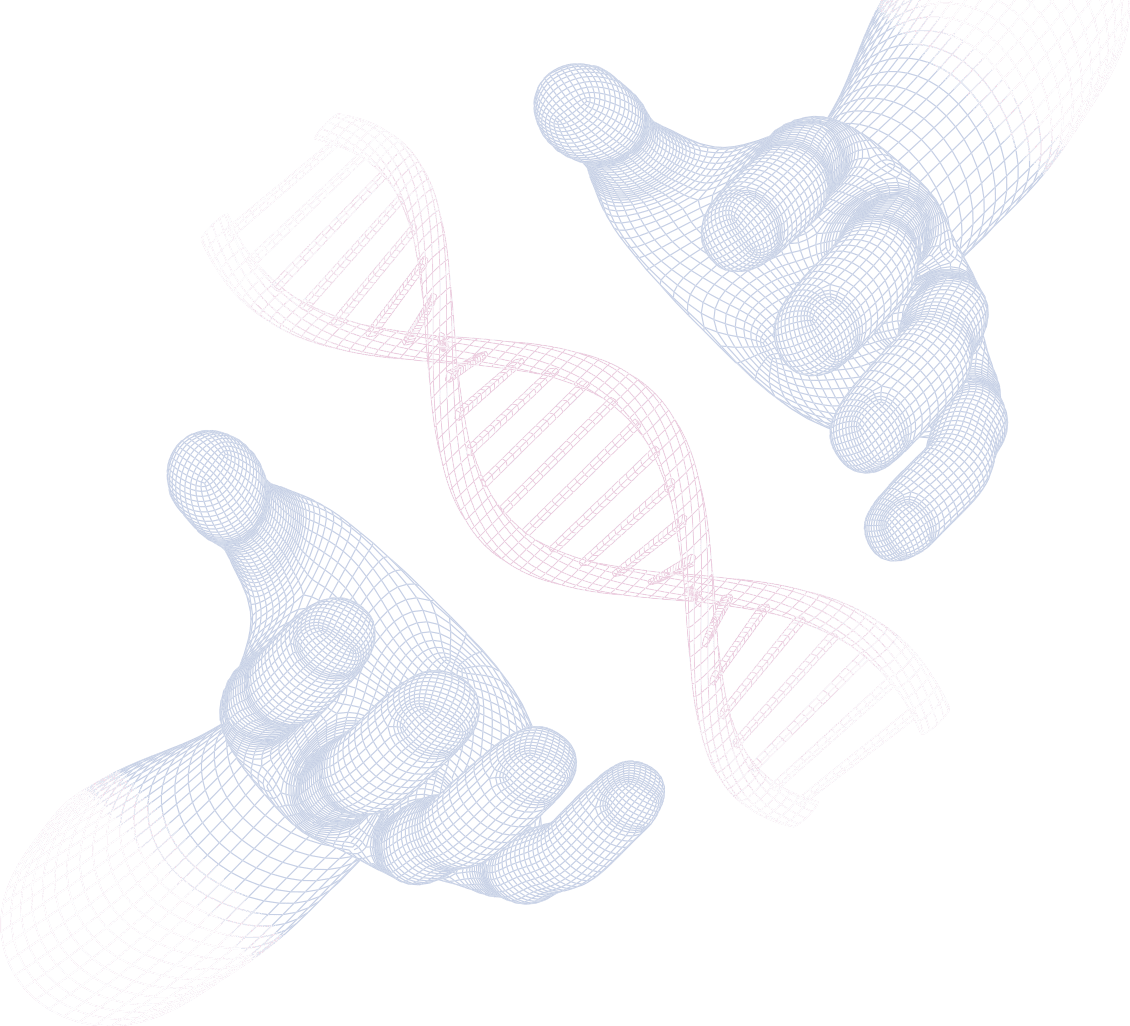
Infectious diseases are caused by infectious organisms. Under normal circumstances, when the immune system of the host is fully functional, disease symptoms may not develop. If the host immune system is compromised, or the infectious agent overwhelms the immune system, an infectious disease ensues. Infectious diseases usually spread from person to person, through contaminated food or water and through bug bites. Some infectious diseases are minor and some arc very serious.
Viruses are a piece of information (DNA or RNA) inside of a protective shell (capsid). Viruses are much smaller than your cells and have no way to reproduce on their own. They get inside your cells and use your cells' machinery, to make copies of themselves.
Bacteria are single-celled organisms with their instructions written on a small piece of DNA. Bacteria are all around us, including inside of our body and on our skin. Many bacteria, are harmless or even helpful. but certain bacteria release toxins that can make you sick.
Like bacteria, there are many different fungi. They live on and in your body. When your fungi get overgrown or when harmful fungi get into your body through your mouth. your nose or a cut in your skin, you can gel sick.
Parasites use the bodies of other organisms to live and reproduce. Parasites include worms and sonic single-celled organisms (protozoa).
Most infectious diseases have only minor complications. But some infections — such as pneumonia, AIDS and meningitis — can become life-threatening. A few types of infections have been linked to a long-term increased risk of cancer.
